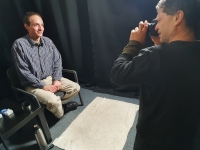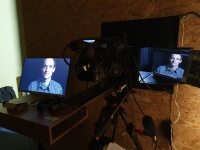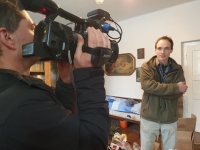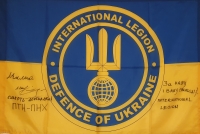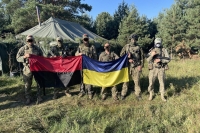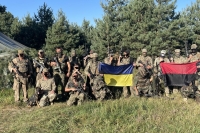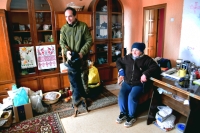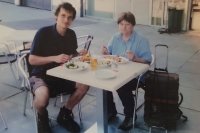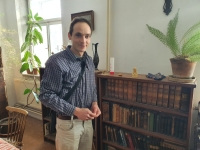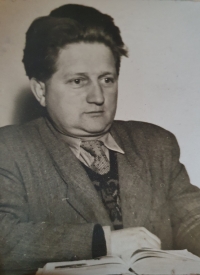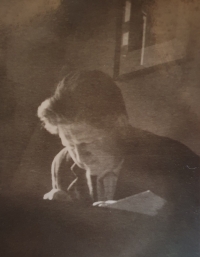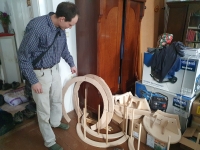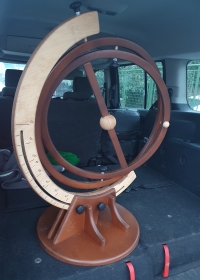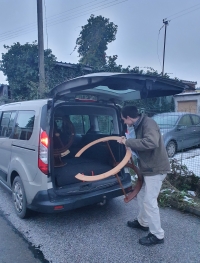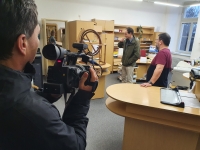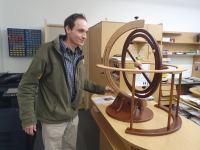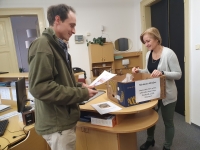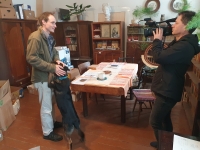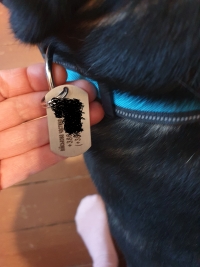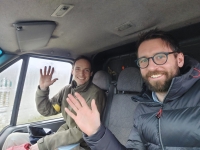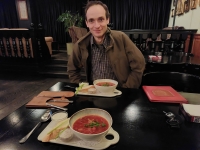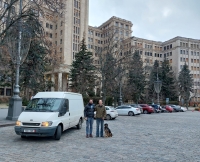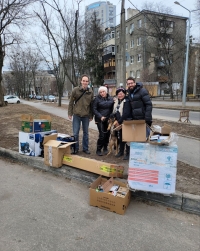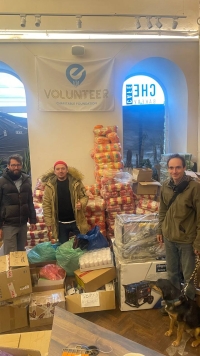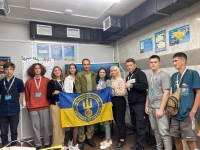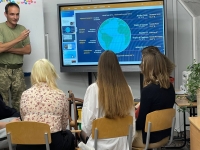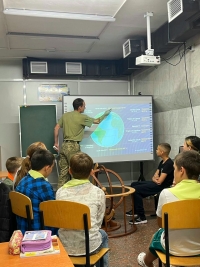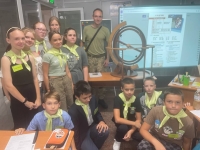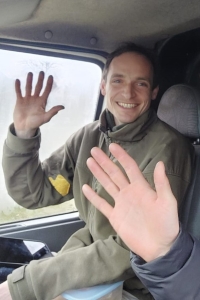He was burying himself from the Russian attack and reciting „The beautiful earth... my cradle and my grave“
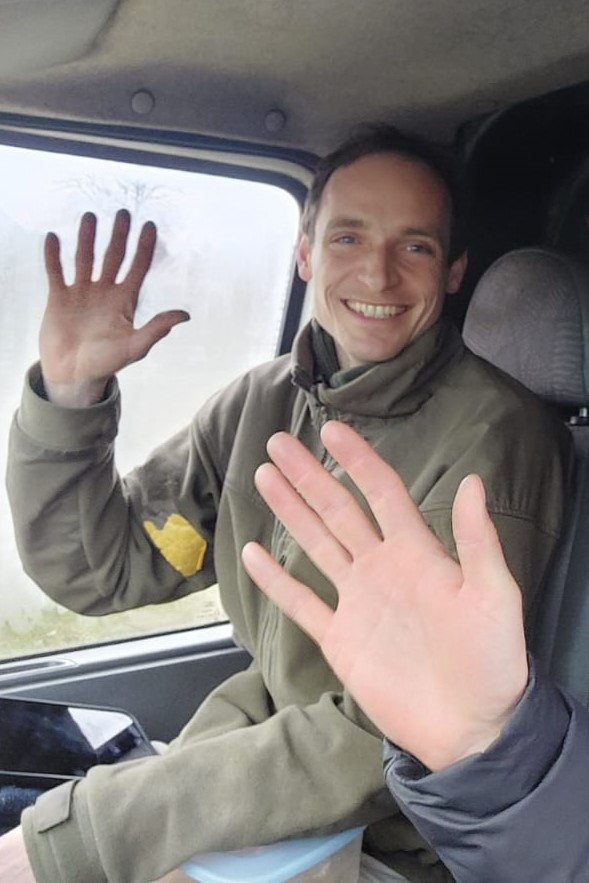
Stáhnout obrázek
He was born on 26 March 1988 in Prague as Milan Vaňkát, later adopting his mother‘s maiden name while searching for his roots. After high school, he studied architecture at the Czech Technical University and the Faculty of Mathematics and Physics at Charles University (MFF UK). He left architecture after two years and at MFF UK he devoted himself to mathematics and physics with a focus on education in primary schools and lower secondary schools. After graduation he taught at a grammar school in Prague. In 2015, he joined the active reserves of the 43rd Airborne Regiment in Chrudim, where he served for six years. In 2018 he was baptized and in the same year he left Prague for Chrudim, where he inherited part of his grandfather‘s house. He taught at the primary school in Heřmanov Městec, even during the introduction of anti-pandemic measures, i.e. also remotely. In 2021 he left teaching and founded a company for cutting down hazardous trees. After the Russian invasion of Ukraine in February 2022, he decided to join the Ukrainian defenders. After sorting out all his affairs, he left for Ukraine in August 2022. He was assigned to the International Legion of Territorial Defense of Ukraine, a forming unit of the Foreign Legion. After a month of training, they went to the front line where they fought alongside Ukrainian troops. In November, he suffered moderate injuries in a booby-trapped grenade explosion. After basic treatment on the battle line, he was taken to a makeshift hospital in Izjum and then to the central military hospital in Kharkiv. In December 2022, he left for the Czech Republic for recuperation. He organized a collection to buy cars, generators and basic supplies for the army. In February 2023 he returned to Ukraine, due to the effects of his injuries at the time he did not go to a combat unit but joined the logistics forces. In his spare time he teaches at one of the primary schools in Kharkiv. He created a social media account called Teacher in Ukraine, where he updates his followers on the situation in the country, which is fighting against Russian aggressors. He planned to stay in Ukraine after the war, and would like to teach there while running a private farm.
